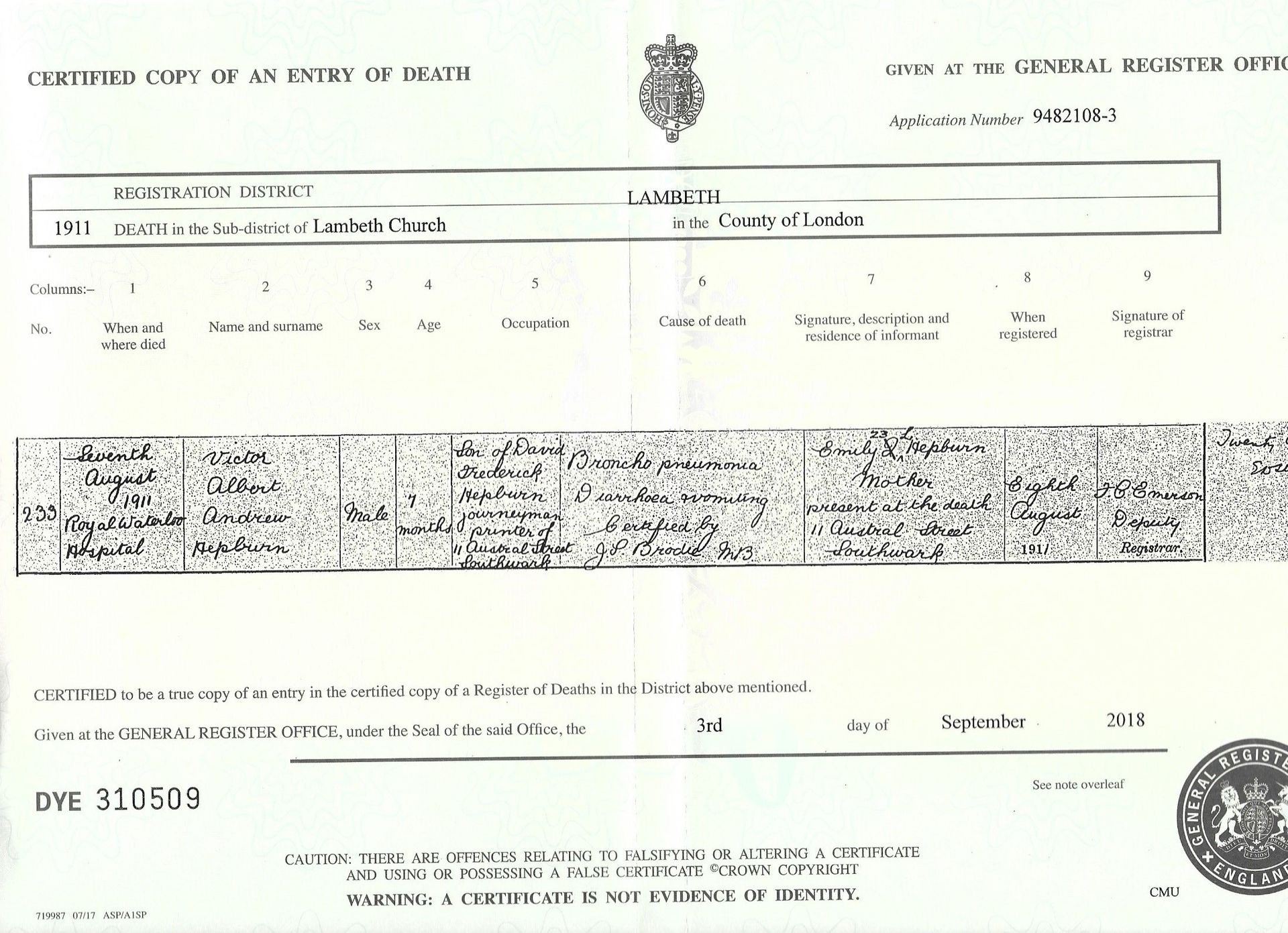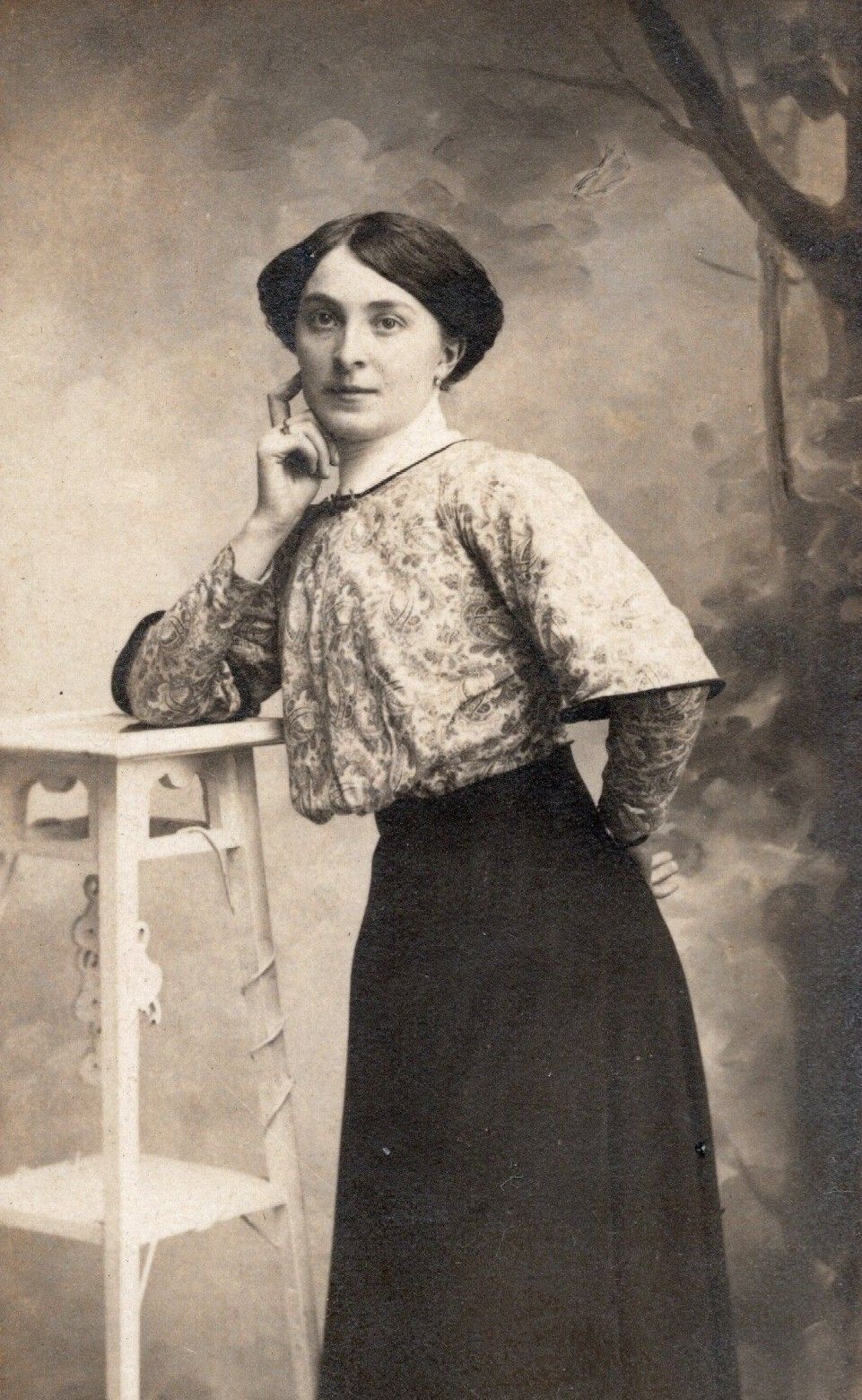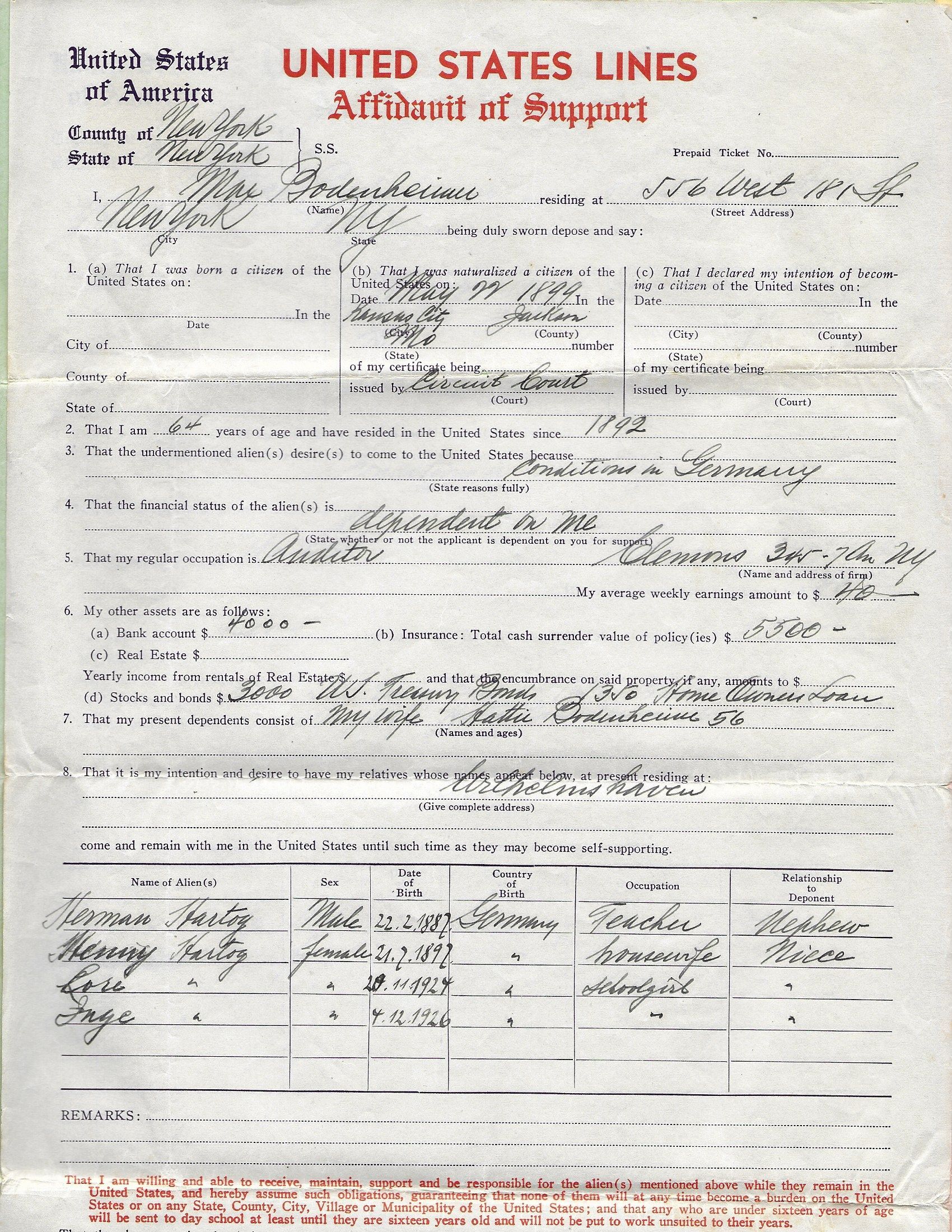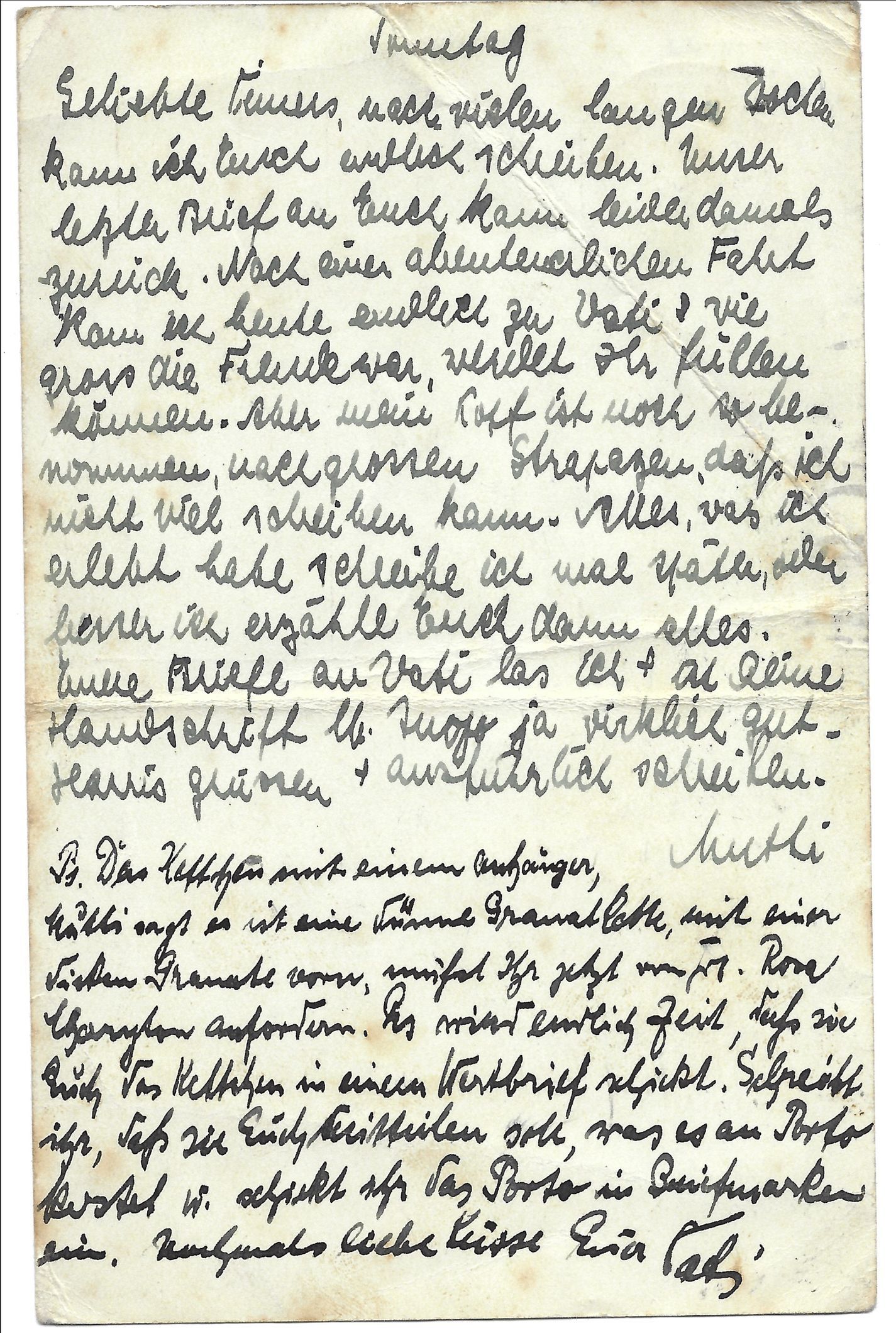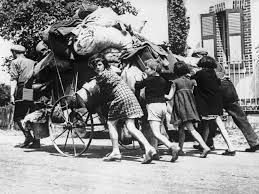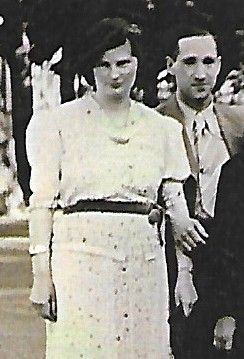using diaries in writing
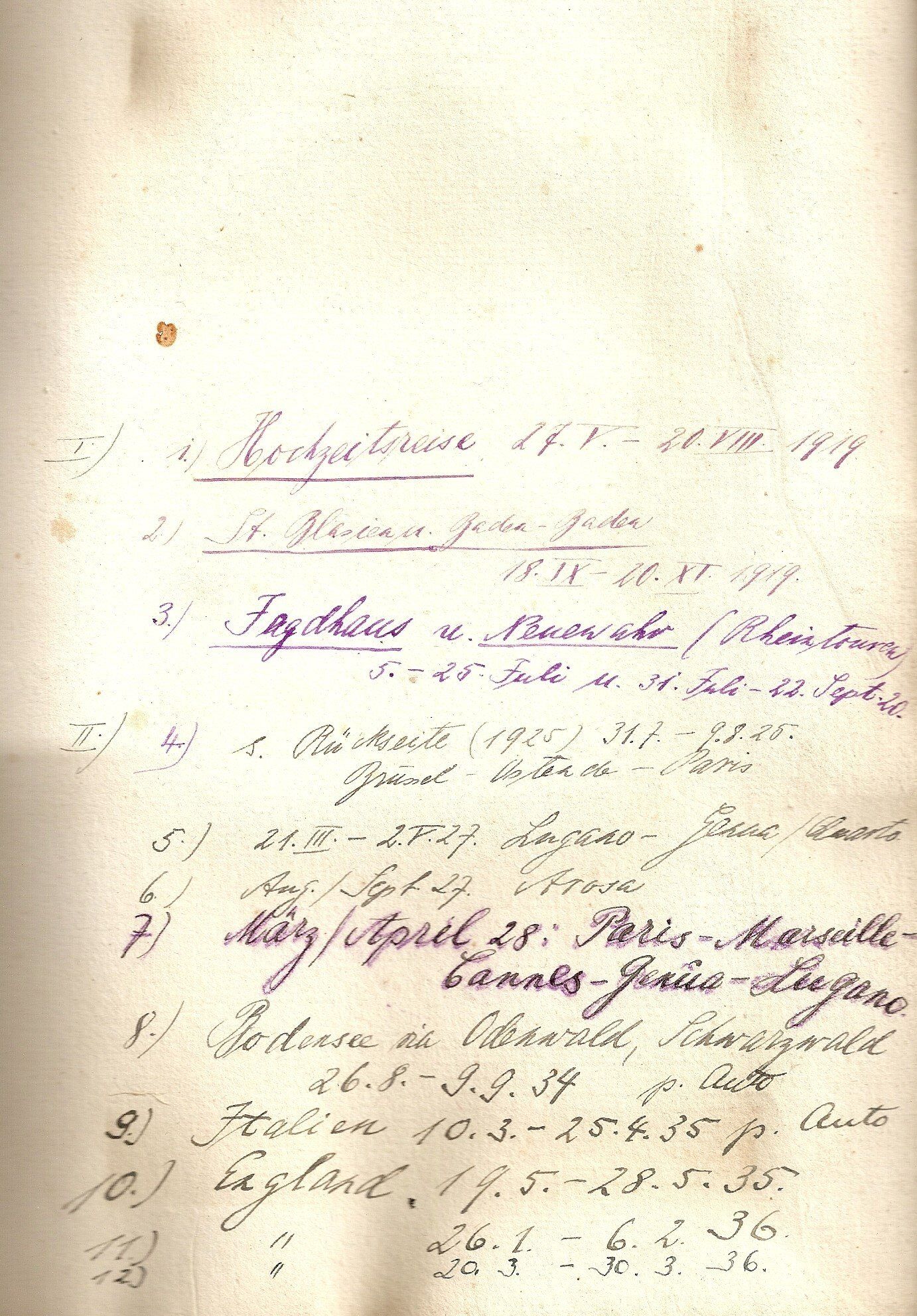
Whilst writing the biography of Herbert Sulzbach, I have access to many original documents. His diaries, in particular, seem to be a revelation of the man.
But are they – and, if so, to what degree?
Like most people's diaries, Sulzbach's changed over the years. As a teenager, he charted the political situation in Europe as cheerfully as he did the social occasions of the wealthy Jews of Frankfurt. His diaries written during the First World War were sent to his parents as he finished the available pages. He said that he wanted to let people back home know what was happening.
Much later, these war diaries were published. So a larger audience than merely his parents and friends had clearly always been envisaged. His diaries had moved away from the private space that we often believe diaries to occupy.
Later, Sulzbach lived in England and fought for Britain during the Second World War. His letters to his wife told of his experiences as a soldier, his feelings, and also gave a political commentary on the war. On his instructions, she filed them at home as his diary. He wanted them to be available when he wrote his autobiography. So how private were either the letters or the diary? What story about himself was he hoping to put into his writing?
I am working with diaries that are written with flair, passion, and humour. But they can never tell me the whole story about this man. I need other documents, insights, and viewpoints to verify his world.
(text © Ainslie Hepburn, photo © Yvonne Klemperer)

